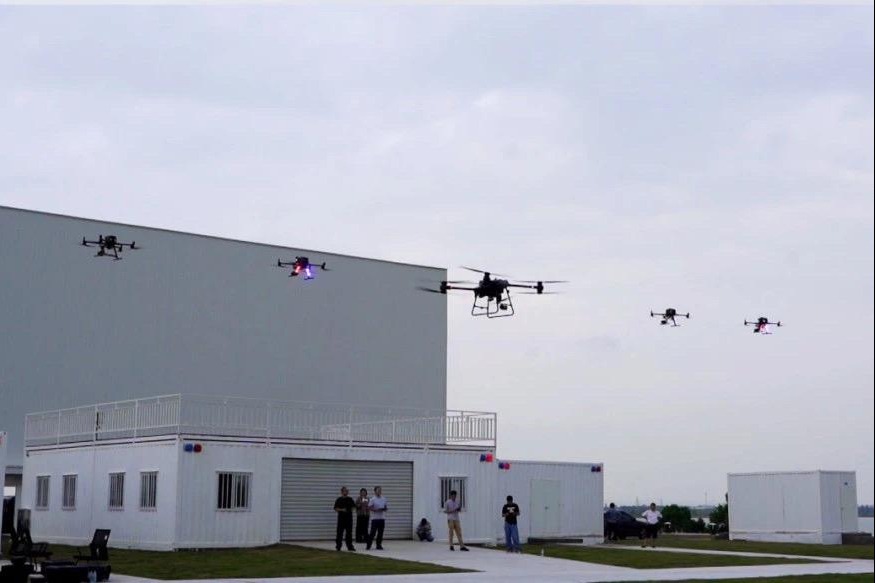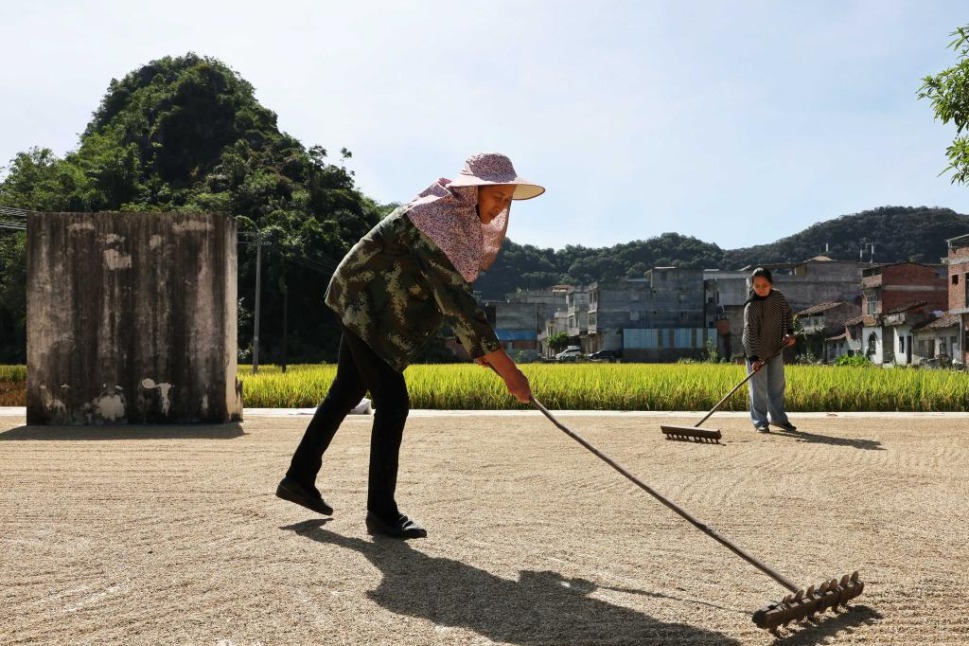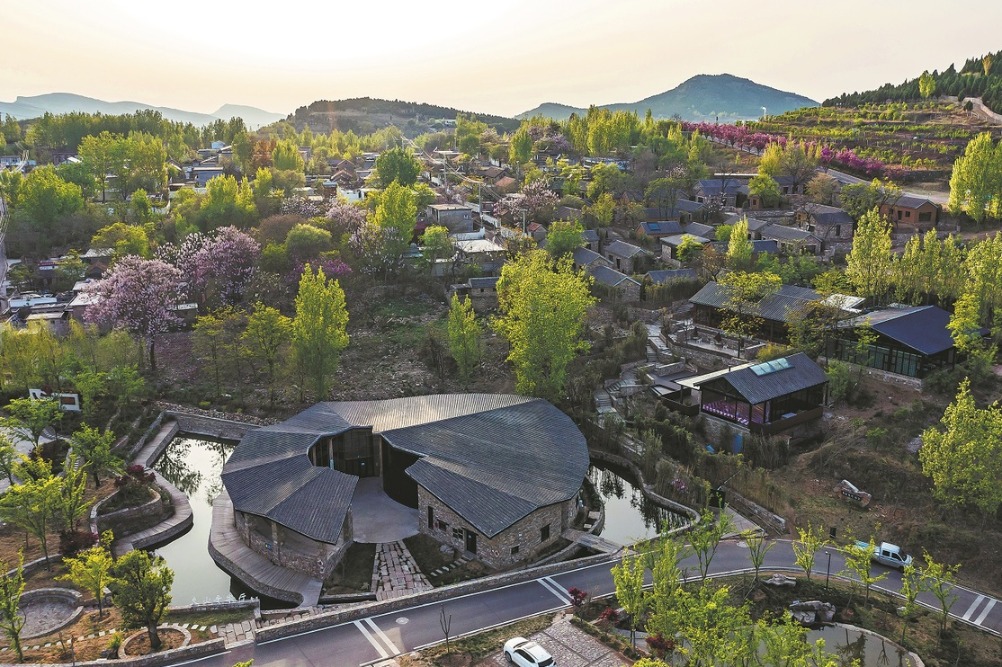Yangtze River Delta continues to lure China's best, brightest


Hangzhou to relax household registration rules to attract talented professionals
The government of Hangzhou, capital of Zhejiang province, has said it is to further relax rules for household registration, or hukou, to attract a wide range of talent and bolster the development of the digital economy.
The city government issued a notice on March 13 to solicit opinions on changes to household registration rules, including expanded access for high-degree graduates and skilled personnel, to address the shortage of high-quality human resources as well as the shortage of skilled personnel.
"Hangzhou not only needs high-quality talent, but also other talent from all walks of life," said Tang Hairu, deputy director of the Expert Committee of the Hangzhou Bureau of Planning and Natural Resources.
Graduates from junior colleges under the age of 35 who have already been employed in the urban area can settle down in Hangzhou, which will loosen the requirements for degrees.
The notice said those under the age of 45 who have professional qualifications above technician, or have a professional qualification of a senior worker under the age of 35, can settle down in Hangzhou.
Tang explained that the development of Hangzhou's e-commerce industry in recent years has seen an increasing demand for high-quality cross-border e-commerce talent that do not necessarily need undergraduate, graduate or doctoral degrees.
Tang said that advanced manufacturing requires a large number of skilled personnel, and so these measures will help Hangzhou accelerate the development of the intelligent manufacturing industry.
As an emerging city with a strong digital economy, Hangzhou is also home to Chinese e-commerce giant Alibaba and a number of other world-leading high-tech companies.
The added value of Hangzhou's digital economy reached 507 billion yuan ($73.5 billion) in 2022, accounting for 27.1 percent of the city's GDP. Up to 28 percent of its graduates under 35 years old have gone into the IT, internet and video game industries.
The changes in household registration rules have been seen in many big cities across China, such as Zhengzhou in Henan province, Dalian in Liaoning, Kunming in Yunnan, and Jinan in Shandong.
Niu Fengrui, a researcher at the Chinese Academy of Social Sciences, said the relaxation of hukou access for big cities plays an important role in luring talent, accelerating development, optimizing resources and boosting the vitality of cities.
Cities in the Yangtze River Delta region remain a magnet for young talent, according to a report from the National Bureau of Statistics on Feb 28.
Hangzhou saw its population jump by 172,000 people last year, marking the fastest growth among cities in the Yangtze River Delta region. Zhejiang province as a whole recorded a permanent resident population of 65.7 million people last year, up by 370,000 from 2021, the report said.
The permanent resident population of Zhejiang, Anhui and Jiangsu provinces increased by a total of 610,000 while the national population fell by 850,000 in 2022.
- Xi chairs CPC leadership meeting to review disciplinary inspection report
- 2024 outlook for the top 10 AI frontier technology trends unveiled
- Autumn scenery of desert poplar in China's Inner Mongolia
- Hong Kong to strengthen fintech cooperation with Middle East region
- 2nd World Conference of Sinologists opens in East China
- East China girds for approaching Typhoon Kong-rey





































